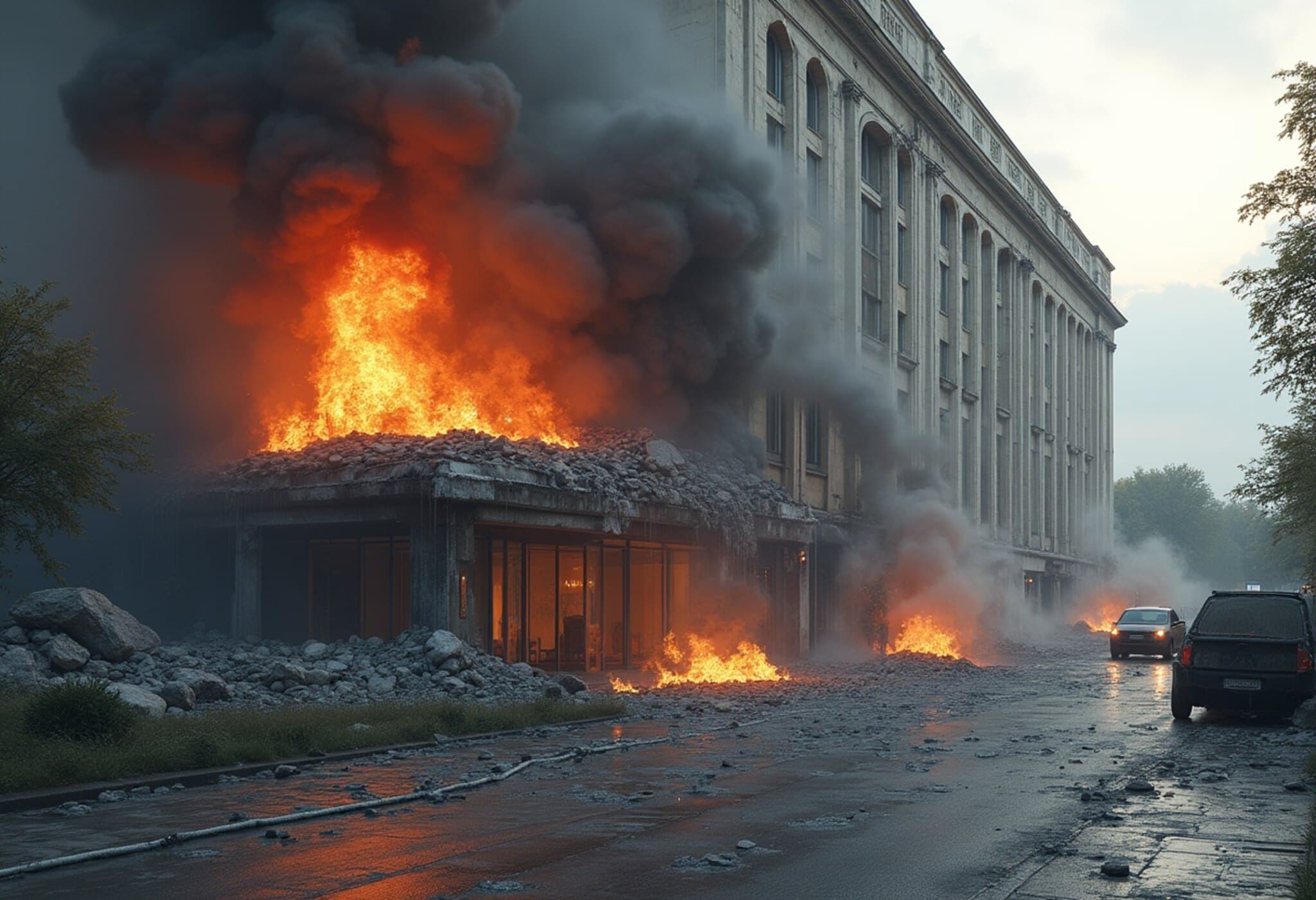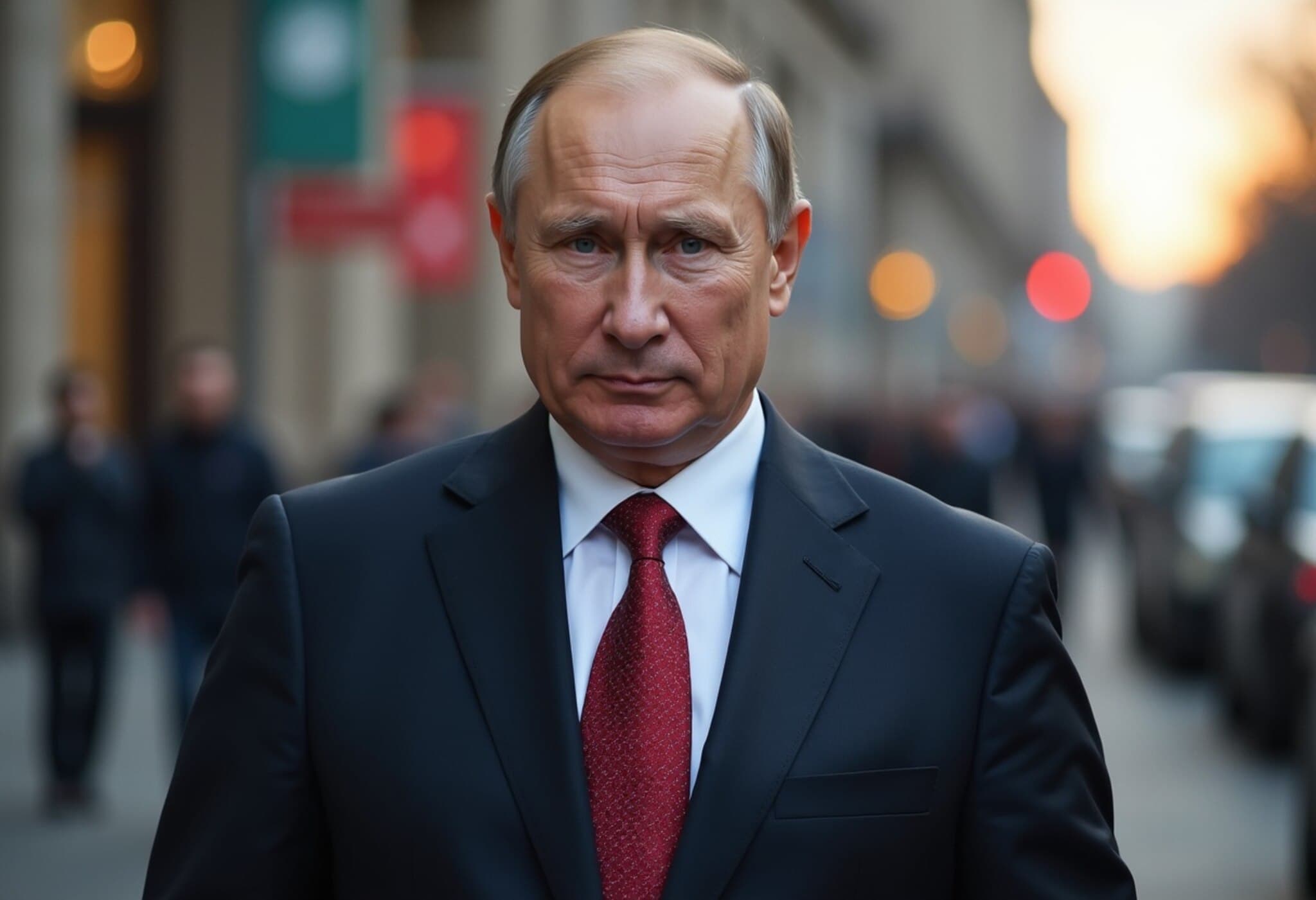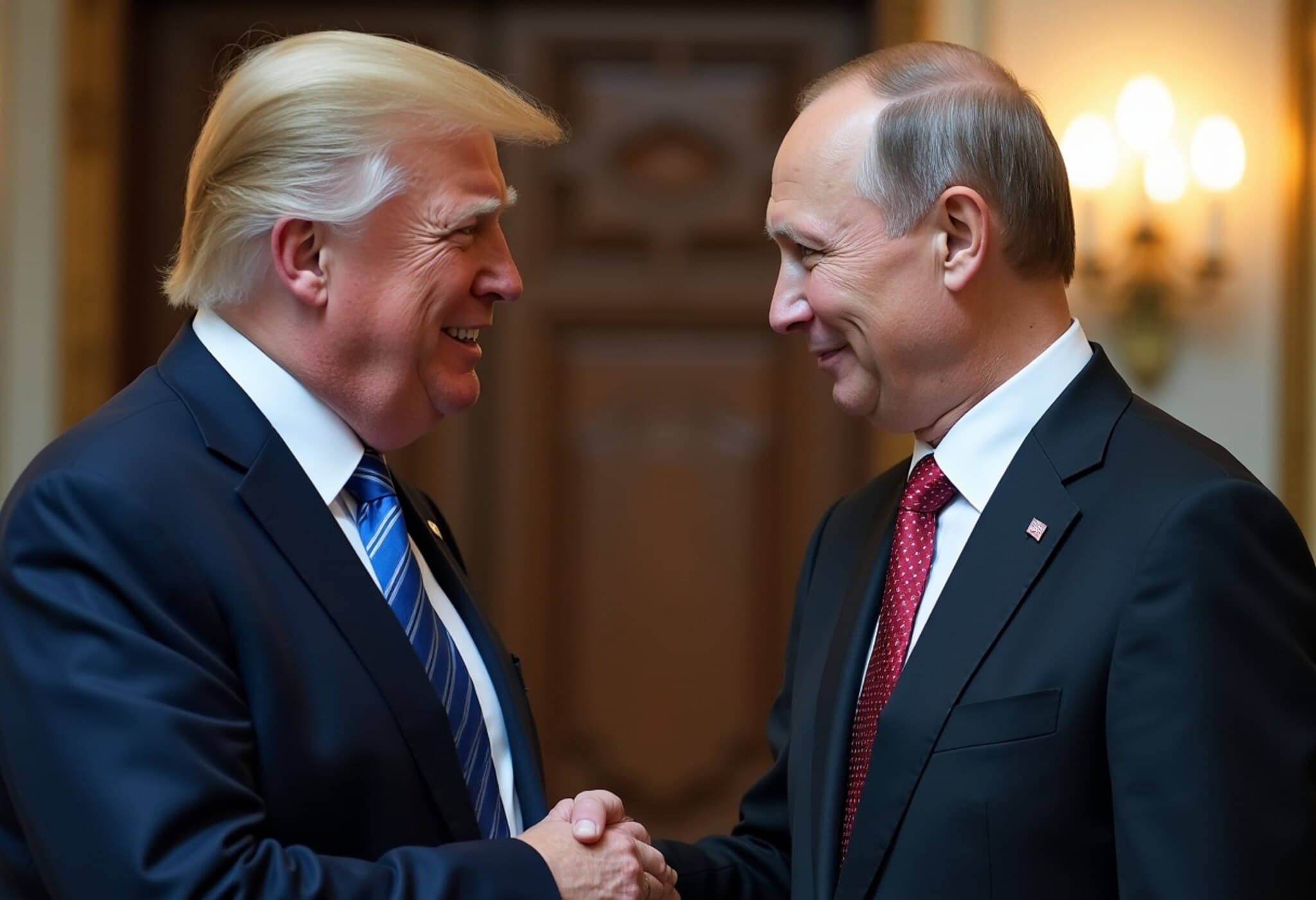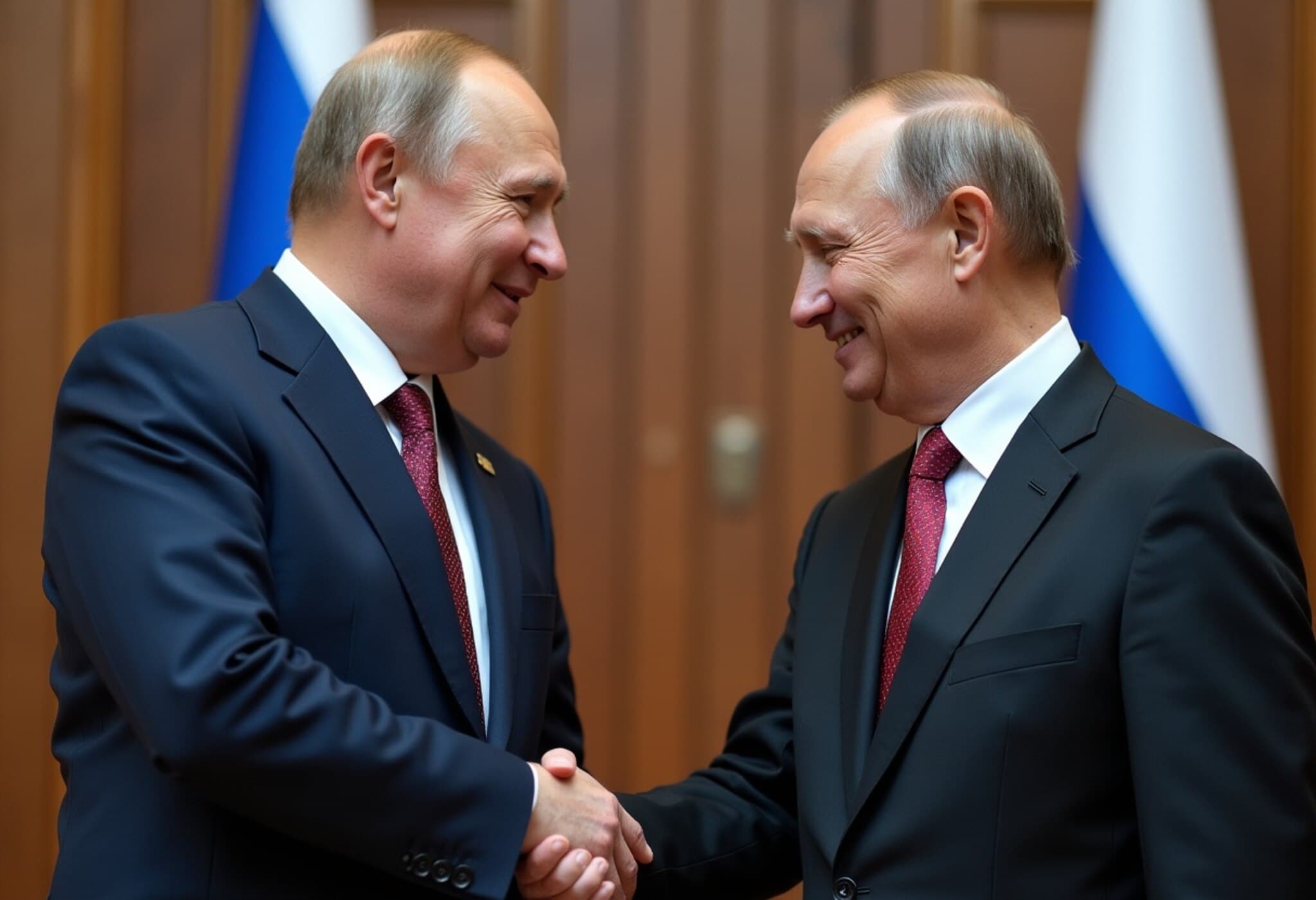Russian Airstrike Strikes Kyiv Building Accommodating European Union Diplomats
In a significant escalation amidst the ongoing conflict, Russian airstrikes targeted a building in Kyiv on the morning of August 28, 2025, which served as accommodation for diplomats of the European Union (EU), according to Ukrainian Foreign Minister Andrii Sybiha. The attack resulted in considerable damage to the EU mission in Ukraine's capital city.
Details of the Attack and Immediate Reactions
The struck building is part of the European Union’s diplomatic presence in Kyiv, a critical hub for EU-Ukraine relations. Sybiha confirmed that the property sustaining damage was directly linked to the EU delegation, highlighting the airstrike's disturbing disregard for diplomatic safety. EU envoy Katarina Mathernova described the facility as “severely damaged,” underscoring the extent of the destruction.
This attack marks at least the second time foreign diplomatic missions in Kyiv have come under Russian strikes during this protracted conflict. Earlier phases of the war saw Russian airstrikes damaging the Polish diplomatic mission, raising alarms about the increasing risks to international personnel and diplomatic infrastructure on Ukrainian soil.
Implications for International Diplomacy and Security
Targeting buildings housing foreign diplomats represents a troubling trend that undermines established international norms and conventions set forth to protect diplomatic missions under the Vienna Convention on Diplomatic Relations. This raises critical questions about the Kremlin’s strategy and intent, especially as it pertains to international engagement and the safety of foreign diplomatic staff within conflict zones.
Experts note that such attacks could have broad ramifications, including:
- Erosion of diplomatic immunities, increasing the risk for foreign representatives aiding Ukraine diplomatically or with humanitarian assistance.
- Potential strain on international alliances if member states feel their diplomatic personnel are under direct threat on Ukrainian territory.
- Escalation of geopolitical tensions as the EU and its member states may be compelled to respond more assertively to protect their missions and citizens.
Contextualizing the Attack Within the Ukraine Conflict
Since the onset of Russia’s military invasion of Ukraine, the conflict has witnessed multiple incidents where civilian infrastructure and diplomatic missions have unintentionally or deliberately become collateral damage. This attack, however, suggests either significant operational negligence or a wilful targeting of internationally recognized diplomatic sites.
For Ukraine and its Western partners, the EU mission is more than a symbol of cooperation; it acts as a vital channel for aid coordination, diplomatic dialogue, and support for Ukraine’s European integration aspirations. Damage to the EU mission thus disrupts not only physical infrastructure but potentially hampers diplomatic momentum at a critical juncture.
Looking Ahead
As the situation develops, the international community closely monitors the implications of this attack. It underscores the volatility of Kyiv’s security environment, even as diplomatic efforts intensify to seek resolutions amid the conflict. Legal experts and policymakers alike will be analyzing this incident for potential violations of international law and its impact on diplomatic protocols in active conflict zones.
Updates are expected as Kyiv assesses the full scope of damage and the EU coordinates its response and reconstruction efforts.
Editor’s Note
This alarming attack on the EU’s diplomatic mission highlights the extraordinary risks diplomats face in Ukraine’s volatile conflict landscape. It invites urgent reflection on how the international community can better safeguard diplomatic spaces while supporting Ukraine. Moreover, it compels us to ask: how might such incidents influence foreign policy decisions and the durability of international law amid modern conflicts?
















